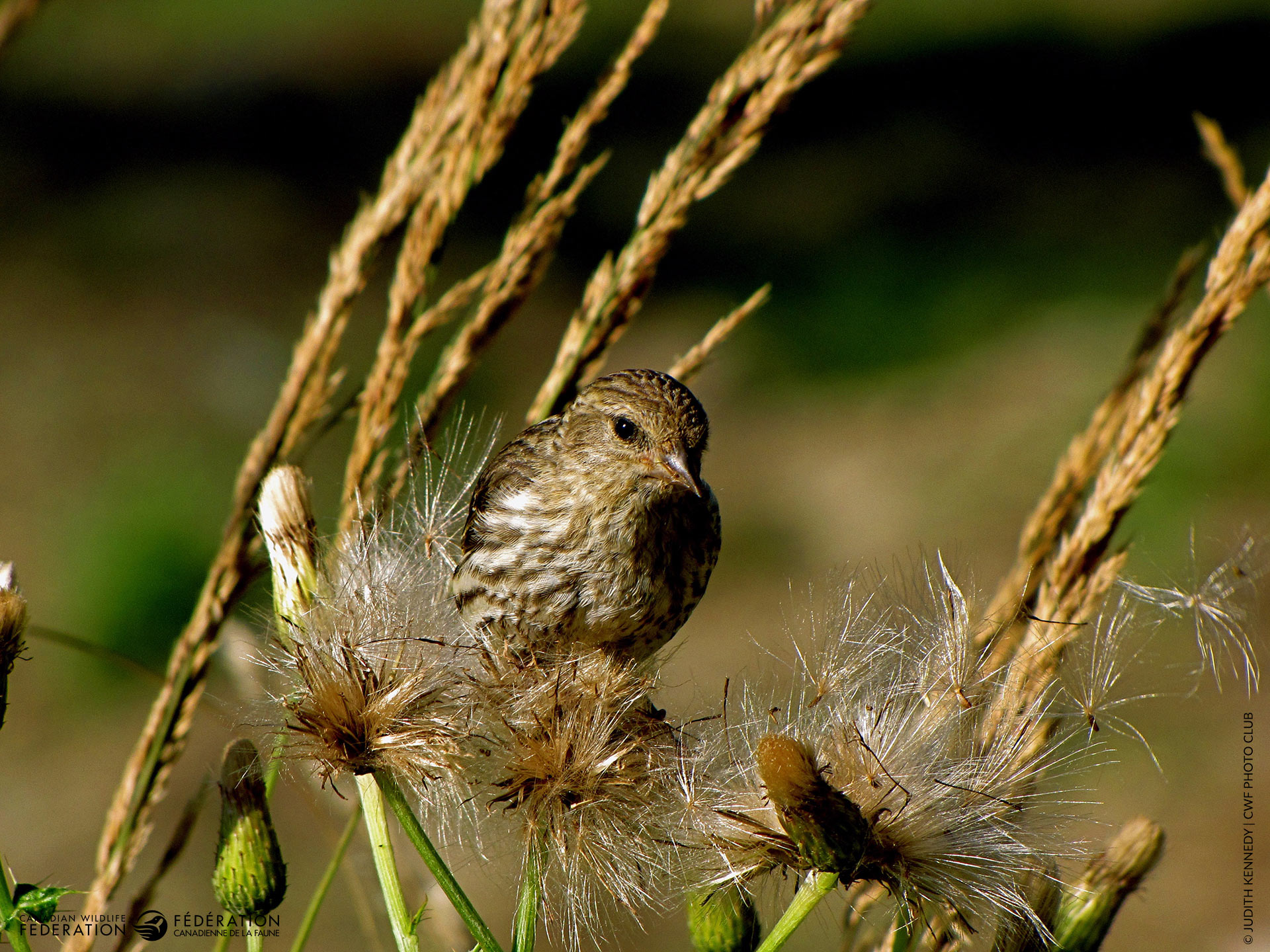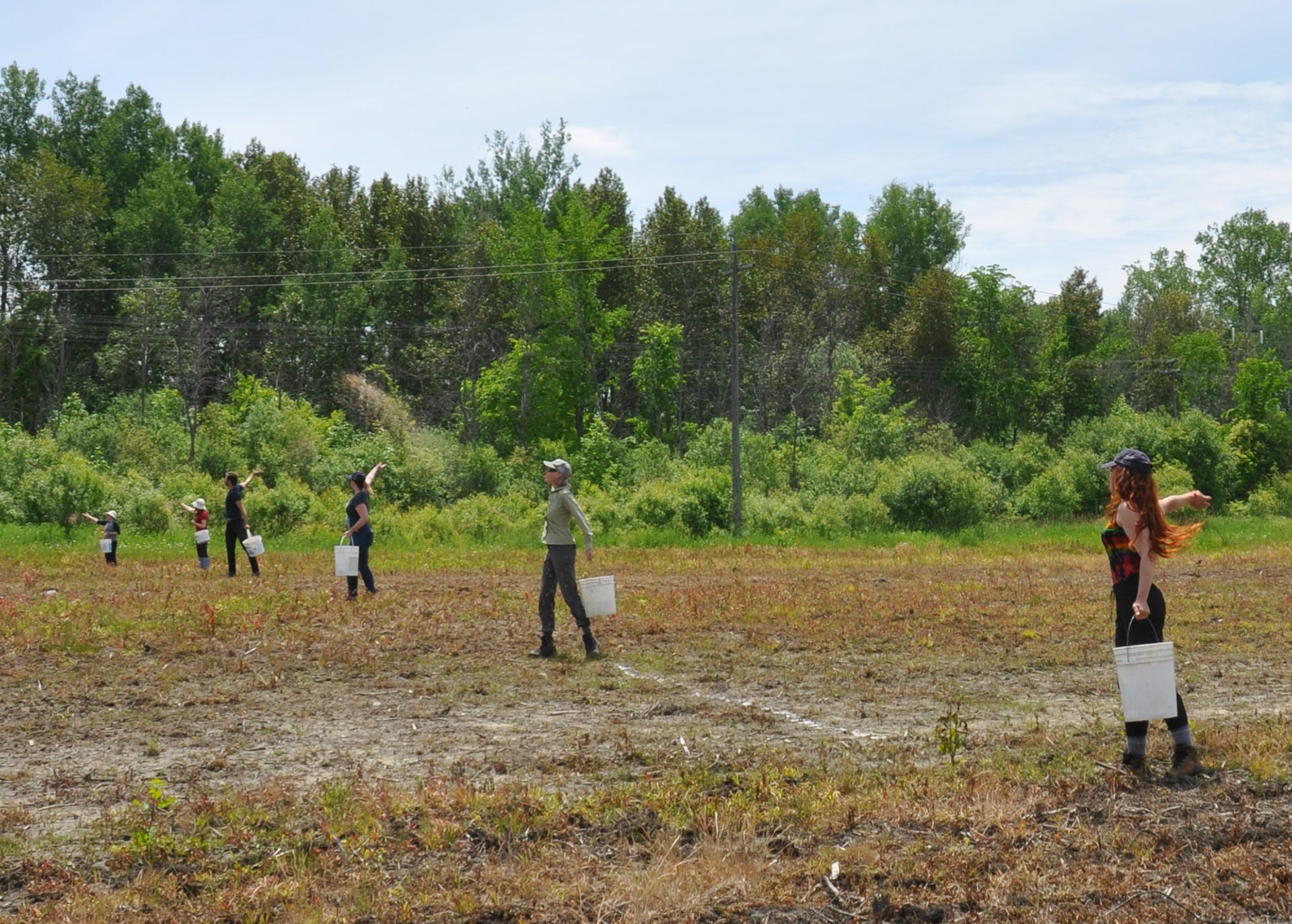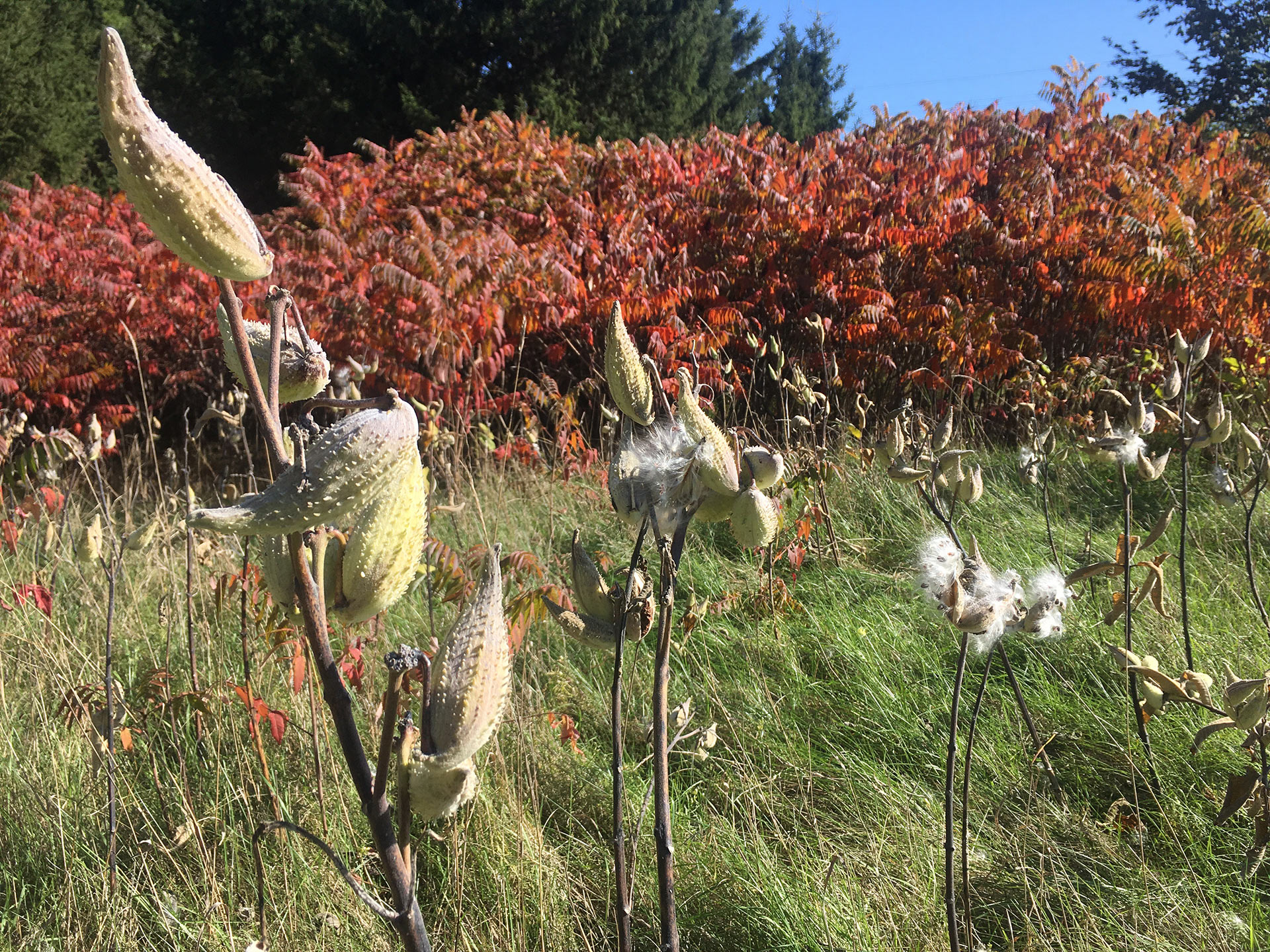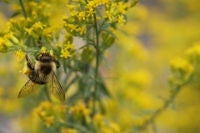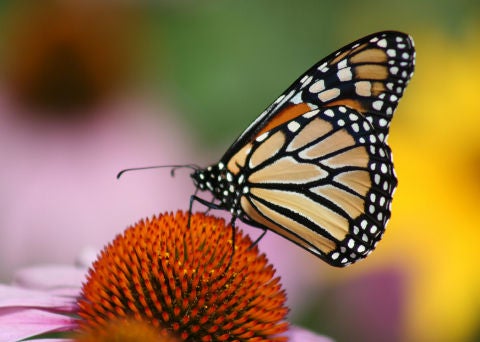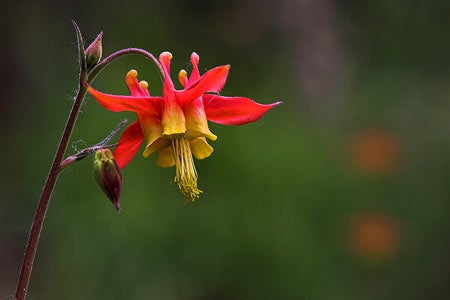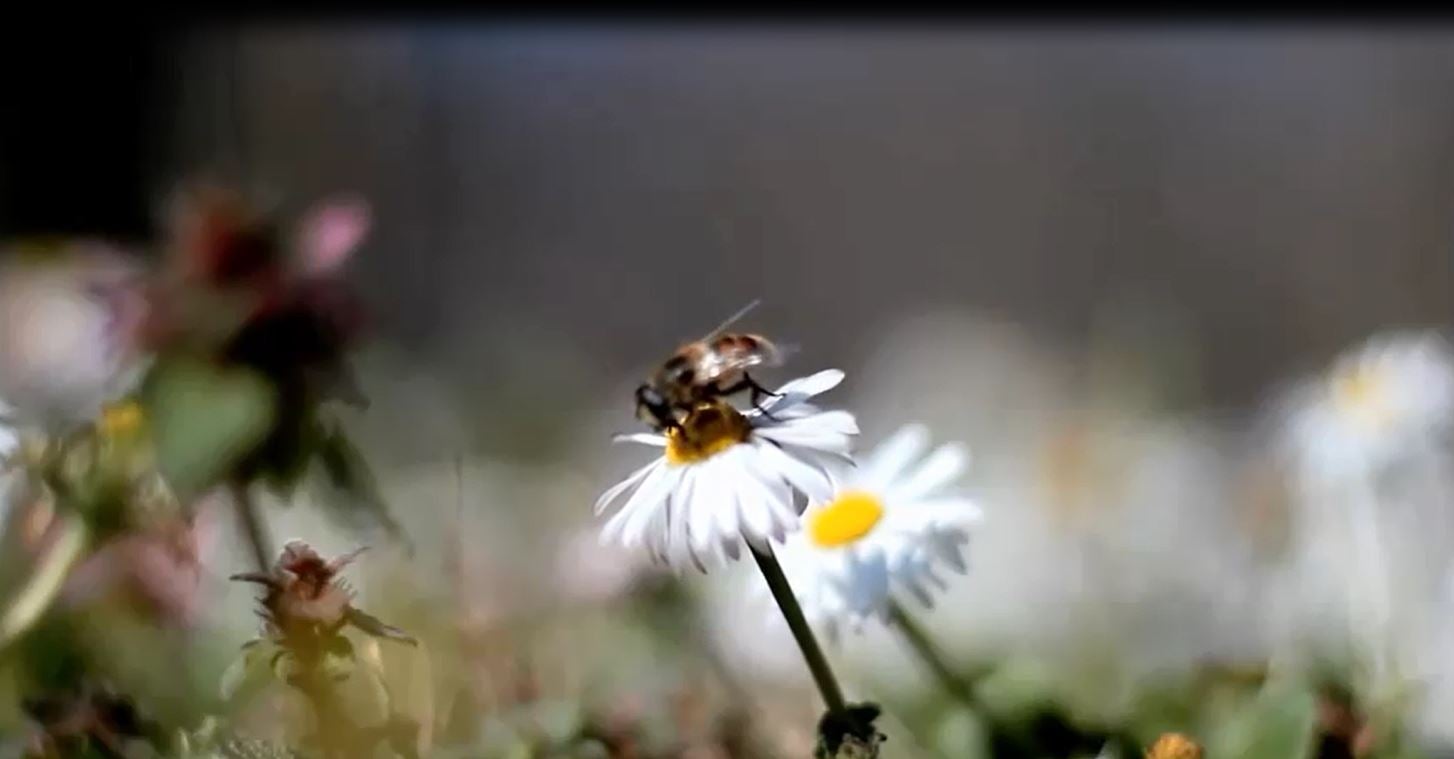Background
Native plants are the foundation of all terrestrial food-chains, and so ecosystem restoration necessarily relies on revegetating the landscape with native plants. Native plants are sacred medicine, and kin to Indigenous peoples, and CWF acknowledges that native plants and their habitats continue to be destroyed through colonial attitudes and practices. Some plants and habitats can regenerate on their own from seeds lying dormant in the soil, but in highly damaged landscapes, where does the seed needed to restore the land come from? Can we help the right seeds disperse and germinate?
Native plants help filter water, improve soil fertility, and provide shade, all while supporting pollinators and other beneficial insects. By making their living off carbon capture, native plants are superior in providing nature-based solutions to climate change. However, as the desire to restore habitat increases, so does the demand for native seeds. Currently, the supply of local native seeds cannot meet the demand. It is crucial that we focus on the cultivation of native plants to improve supply for restoration, but it is even more crucial that we do this in a way that is sustainable, respectful and ultimately beneficial to the plants that we choose to cultivate. These challenges require coordinated action.

Objectives
With support from Environment and Climate Change Canada, the Canadian Wildlife Federation is building a framework that will guide the development of an ethical, efficient, and effective National Native Seed Strategy (NNSS). The NNSS will help identify key actions to better meet the increasing need for nature-based solutions provided by native plants while also supporting Indigenous leadership in conservation, upholding Indigenous rights and sovereignty. We aim to address opportunities and challenges in four key areas related to native plants: decolonization and reconciliation, conservation and restoration, green jobs and circular economy, as well as knowledge building and knowledge transfer.
As a first step, CWF is partnering with Carolinian Canada to co-develop the Southern Ontario Seed Strategy (SOSS) in a multi-sectoral collaboration that includes Indigenous leadership, conservation organizations, native plant growers, industry organizations, planning and policy professionals, academics, restoration ecologists and more. The SOSS is evolving as a process grounded in the exploration of working in ethical space to reflect an approach that embraces Indigenous Knowledge and Conservation Science equally. This process will inform a multi-stakeholder collaborative framework that helps crystalize the NNSS. To learn more about the SOSS visit caroliniancanada.ca/seed
Interested in helping us frame the National Native Seed Strategy? Please complete this short survey.
Current Projects
- Launching NNSS Public Interest Survey (Fall 2022)
- SOSS Framing Workshops (June 2022-November 2023)
- SOSS Seed Saver Training (Filming & Workshops June-November 2022)
Post-wildfire resiliency action plan
As wildfires become increasingly common, the need for strategic and actionable plans for habitat restoration is vital to community and ecological resilience. Our project aims to develop a comprehensive strategy and action plan for restoring landscapes devastated by wildfires in Canada. Currently, there is an inadequate supply of native plant seeds and limited capacity for local seed production, which are essential for the effective restoration of burned landscapes.
To address these challenges, we hosted a workshop with the University of Victoria in February 2025. This two-day workshop began by gathering Indigenous fire-keepers and community members from across the country to share knowledge and discuss their needs and solutions. On Day two, we united restoration specialists, native seed experts, researchers, and other communities impacted by wildfires from across Canada, Australia, Europe, and the USA. The workshop focused on weaving indigenous knowledge with global wildfire restoration research to develop a strategy and action plan that addresses post-fire revegetation needs and outlines best practices, infrastructure requirements, and funding strategies.
Following the workshop, we will facilitate case studies on post-wildfire preparedness at the community level. The outcomes of this project will inform policies across all levels of government and contribute to improved preparation and recovery efforts for future wildfires.
The work is undertaken with generous financial support from Environment and Climate Change Canada, the Weston Family Foundation, and Mrs. Gretchen Bauta.
Videos
Did You Know?
The Need for Seed
Restoring 1 hectare of grassland and meadow habitat requires up to 15 kilograms of seed.
Native Plant Diversity
Canada is home to over 4,000 species of native plants, not including mosses and lichens.
Local First
Native plant species that represent local ecosystems are best for restoration, though fragmented populations are not always healthy enough to regenerate the landscape alone.
- 0
- 1
- 2






